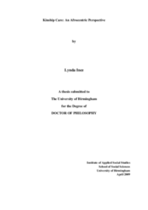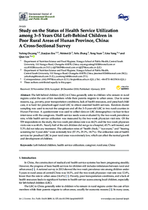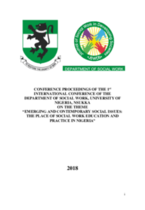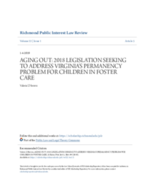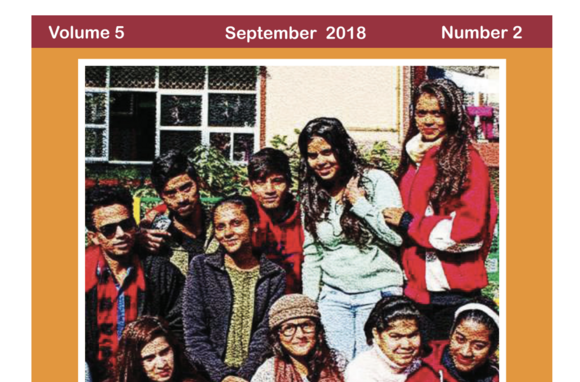Special Section of the Journal of Research on Social Work Practice: Understanding Adoption Breakdown: When Adoptive Placements Don’t Go as Intended
This special section of the journal of Research on Social Work Practice focuses on adoption breakdown.

